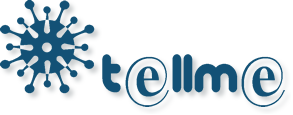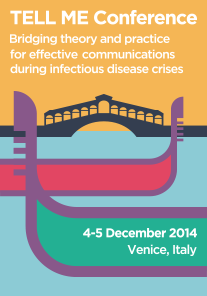Internet and outbreak: a qualitative study
A group of researcher from the National Coordination Centre for Outbreak Management, Netherlands, carried out an empirical and qualitative study to evaluate the use of the web during the enterohemorrhagic E. coli (EHEC) outbreak that occurred in Germany in 2011. For one month during the outbreak, a total of 18 participants were asked to keep a diary, which was integrated with a demographic survey before the beginning of the study and a questionnaire at the end.
The results of this study, published on the Journal of medical Internet research, revealed that Internet was the most popular medium where to find information, with news websites, websites of newspapers and wikis as the top sources. A minor role was played by Twitter and, particularly, by Facebook, since the information posted there were considered not reliable or out of place. Social media were more considered as tools for communicating with friends.
The Dutch study also provided general recommendations for communicating with citizens during an infectious disease outbreak.


